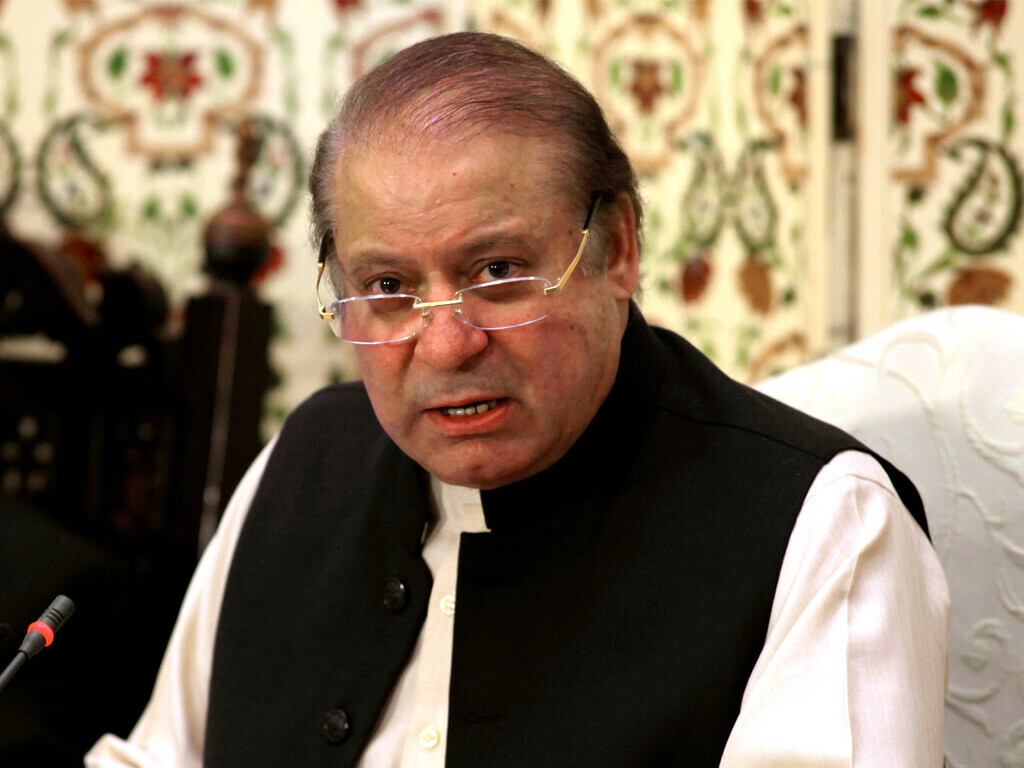In a detailed verdict issued by an accountability court in Lahore, former Prime Minister Nawaz Sharif has been acquitted in a reference related to the alleged illegal allotment of plots in 1986. The court’s decision stated that Nawaz Sharif had become a victim of political victimisation, as the record reflected procedural irregularities and a lack of evidence in the case. The reference, filed by the National Accountability Bureau (NAB) in 2020, accused Nawaz Sharif of involvement in the illegal allotment of plots in connivance with the then chief minister of Punjab for monetary gains.
The detailed verdict highlighted several procedural irregularities in the case. It stated that the proper procedure for declaring an individual a proclaimed offender had not been followed. According to Section 87 of the Code of Criminal Procedure, a person can only be declared a proclaimed offender if the court is satisfied after recording the evidence of the process server. However, the record, in this case, was silent regarding the issuance of warrants and the material to inform the accused to appear before the court. The judge noted that this was a mandatory condition, rendering the proceedings void and illegal.
The verdict referred to earlier judgments and established legal parameters for issuing a proclamation. It emphasized that proceedings should have commenced when the accused had not left the country and was in hiding to evade the law. If the accused had already left the country before any notice, summon, warrant, or proceedings were issued, the entire proceedings would be considered illegal and void ab-initio. The judge concluded that the decision to declare Nawaz Sharif a proclaimed offender was not in line with the settled parameters followed by the apex court.
The detailed verdict shed light on the political victimisation faced by Nawaz Sharif. It suggested that the National Accountability Bureau (NAB) might have prepared the reference at the behest of the ruling junta to damage the political career and goodwill of the three-time elected prime minister of Pakistan. The judge recognized Nawaz Sharif as a victim of political victimisation, stating that the record reflected his unjust treatment. Moreover, the judge noted that Nawaz Sharif was entitled to the same relief as the co-accused in the case, Mir Shakil-ur-Rehman, who was previously acquitted due to a lesser role and better legal footing.
Read More: Pakistan Army Major Martyred in an Attack with Terrorists in Khyber District
In the verdict, the judge directed NAB and revenue authorities to release the properties of Nawaz Sharif and the applicants involved in the case. This decision comes as a significant relief for Nawaz Sharif, as his properties will now be released from legal restrictions.
The detailed verdict in the plot allotment case involving Nawaz Sharif highlights procedural irregularities and the victimisation he endured. The court’s decision to acquit Nawaz Sharif emphasizes the lack of evidence and the absence of a fair legal process in the case. This verdict carries implications for the perception of justice and the treatment of political figures in Pakistan’s legal system.



